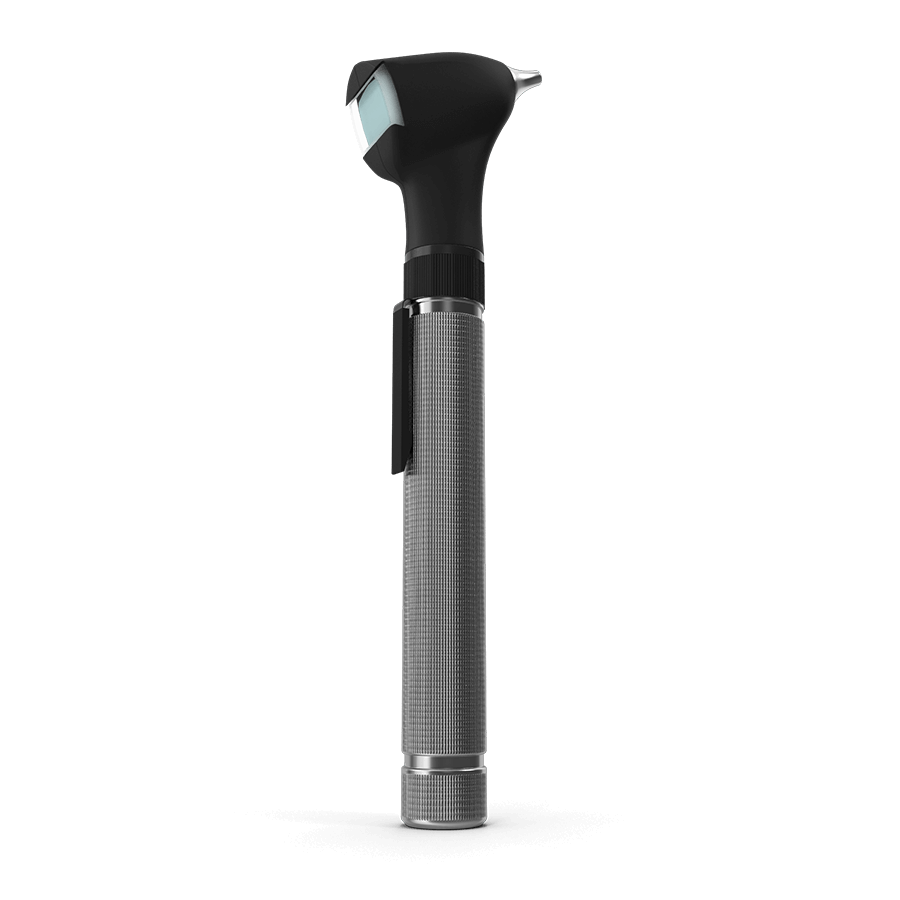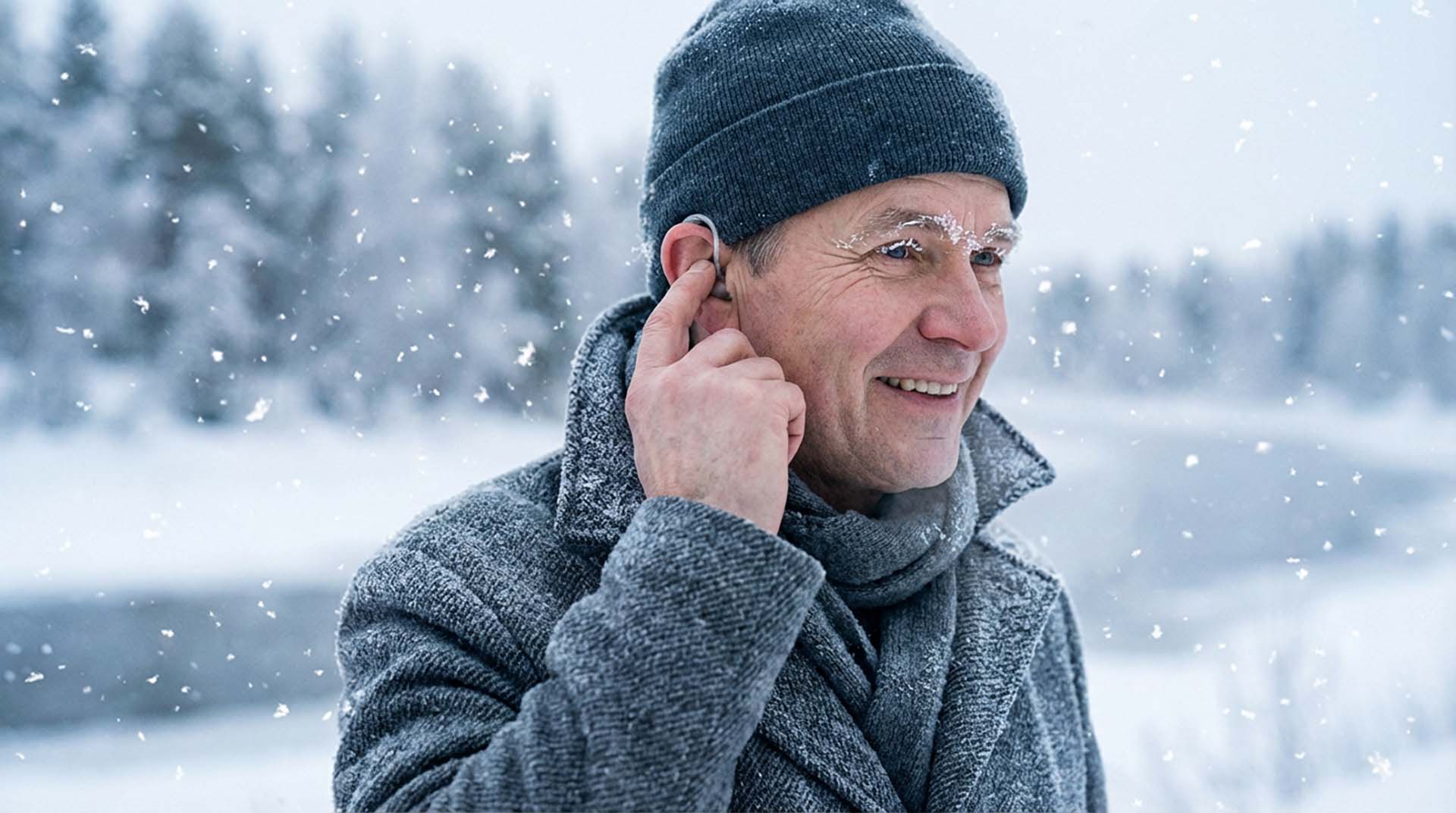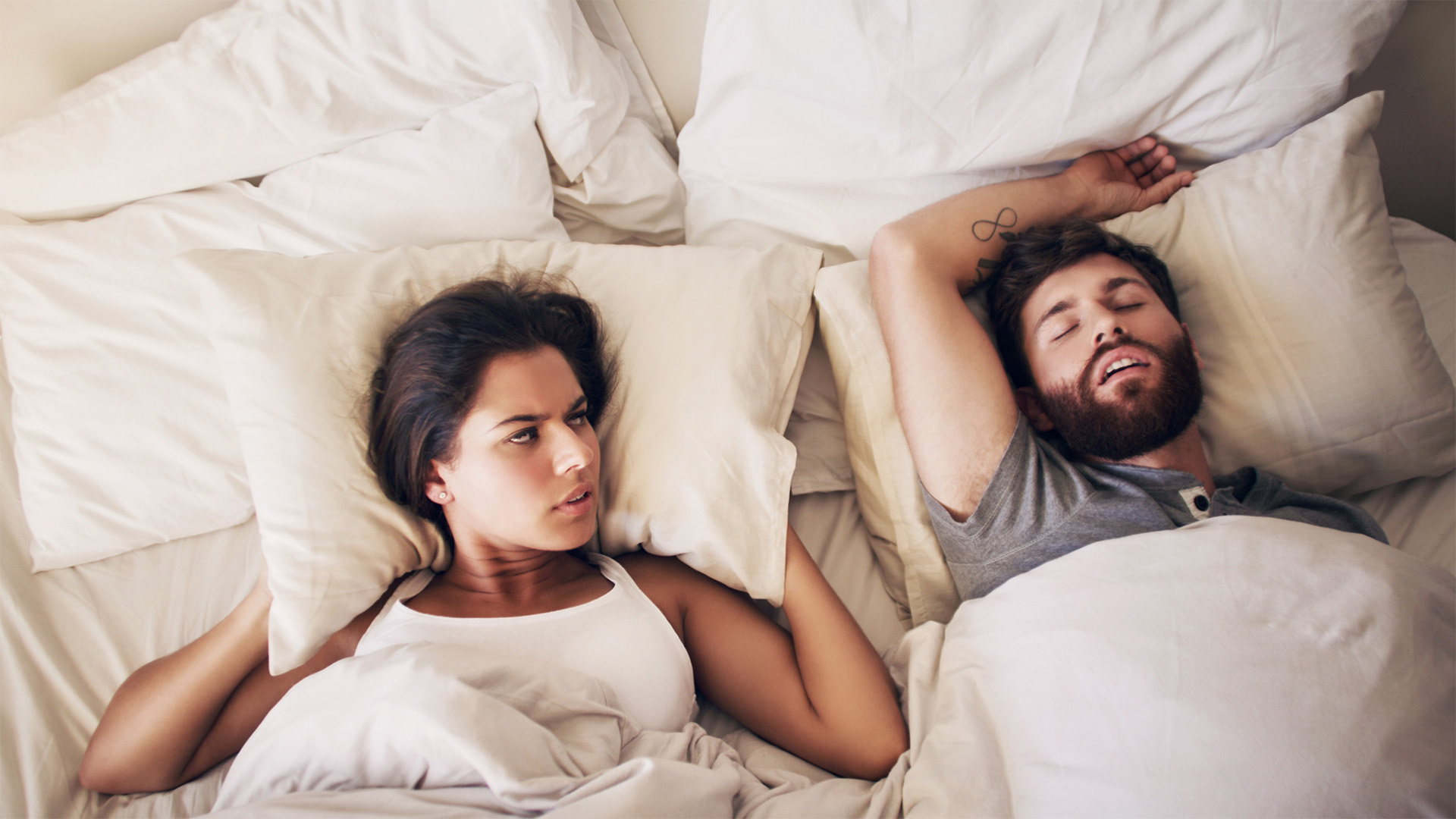Table of Contents
Intro
Many older adults who experience dizziness, unsteadiness, or falls don’t realise that the cause may lie in their ears. The inner ear contains the structures for both hearing and balance, making the two closely linked. Hearing loss is often thought of only in terms of communication, but it can also reduce spatial awareness and contribute to balance problems. This link is especially important for older people: falls are one of the leading causes of injury and even death in the elderly.
How the Inner Ear Controls Balance
The inner ear contains the labyrinth, which includes the cochlea (for hearing) and the vestibular system (for balance). Inside the vestibular labyrinth are three semicircular canals and two otolith organs (the utricle and saccule).
Semicircular Canals: These three fluid-filled canals sense rotational movements of the head. When you turn your head, fluid in a canal moves and bends hair cells (in the cupula) to send a signal to the brain about the direction of the rotation.
Otolith Organs (Utricle and Saccule): These two chambers contain tiny calcium crystals (otoconia) that shift when you tilt or move linearly (for example, moving forward, backward or up and down). This movement bends hair cells in the utricle and saccule, signalling to the brain which way gravity is pulling your head.
These balance organs work in concert with vision and proprioception (sensation from muscles and joints) to keep us oriented and stable. The same nerve (the vestibulocochlear nerve, or cranial nerve VIII) carries signals from both the cochlea and the vestibular organs to the brain. In practice, this means the ear not only detects sound but also plays a critical role in sensing head position and movement. When the vestibular system is impaired – as in inner ear infections or disorders – a person can feel dizzy or have vertigo, and their risk of falling increases.
Why Hearing Loss Can Lead to Balance Problems
Even without a specific inner ear disease, hearing loss by itself can increase fall risk. Studies have consistently shown that older adults with hearing impairment are more likely to have balance problems and falls. Several factors contribute to this connection:
Shared Inner-Ear Health: Damage that affects the cochlea (hearing organ) often affects nearby vestibular hair cells as well. For example, Ménière’s disease is a disorder of the inner ear that causes both fluctuating hearing loss and severe vertigo (dizziness). Likewise, labyrinthitis and vestibular neuritis involve inflammation of inner ear structures and typically result in both hearing issues and balance disturbance.
Loss of Environmental Cues: Hearing provides important spatial and environmental cues. Sounds such as footsteps, traffic, or echoes help the brain orient the body in space. When hearing is impaired, these cues are lost or reduced. Researchers note that the brain uses auditory information as part of balance control, especially when vision or touch feedback is not enough.
Increased Cognitive Load: When hearing is poor, the brain must work harder to understand sounds and speech. This extra effort can divert cognitive resources away from maintaining balance.
As a result, hearing loss is now recognized as a potential risk factor for falls. The latest reviews report that people with hearing impairment have significantly higher odds of falling than those with normal hearing.

The Role of Hearing Aids in Fall Prevention
Hearing aids primarily aim to improve sound perception, but they may also benefit balance. By amplifying environmental sounds, hearing aids can restore the auditory cues that help with spatial awareness. This can include the noise of oncoming traffic, the sounds of other people in a room, or even the echo of one’s own footsteps – all signals that the brain uses to orient the body.
In addition, hearing aids can reduce the cognitive load associated with hearing loss. When sounds are clearer and communication is easier, the brain can allocate more attention to walking and posture. Some studies have found that people with hearing loss who use their hearing aids regularly report fewer falls. For example, a recent analysis suggested that older adults who consistently use hearing aids have markedly lower odds of falling compared to those who do not.
When to Seek a Hearing and Balance Assessment
If you or a loved one are experiencing dizziness or unsteadiness, it’s wise to consider both hearing and balance testing. Signs that hearing issues may be affecting balance include:
Feeling unsteady or swaying, especially when walking in low light or on uneven ground.
Experiencing sudden, unexplained bouts of dizziness or vertigo.
Noticing that you often miss sounds around you (like doorbells, alarms, or conversations) and also feel disoriented.
Frequent tripping or near-falls without an obvious reason.
Protecting Your Hearing and Balance as You Age
Maintaining hearing and balance health goes hand in hand. Simple preventive steps can make a difference:
Regular Hearing Checks: Early detection of hearing loss means it can be managed before it worsens and affects balance.
Stay Active: Engage in balance-strengthening activities like tai chi, yoga, or gentle exercises that challenge coordination.
Manage Health Conditions: Control blood pressure, diabetes, and review medications with your doctor, as these can impact hearing and balance.
Protect Your Ears: Avoid loud noise exposure to prevent noise-induced hearing loss.
The Bottom Line
Hearing and balance are deeply connected through the inner ear and brain. Hearing loss can also affect spatial orientation and increase fall risk. Protecting and treating your hearing can contribute to steadier balance. If you experience dizziness or falls, consider getting your hearing checked as part of your health and mobility strategy.









